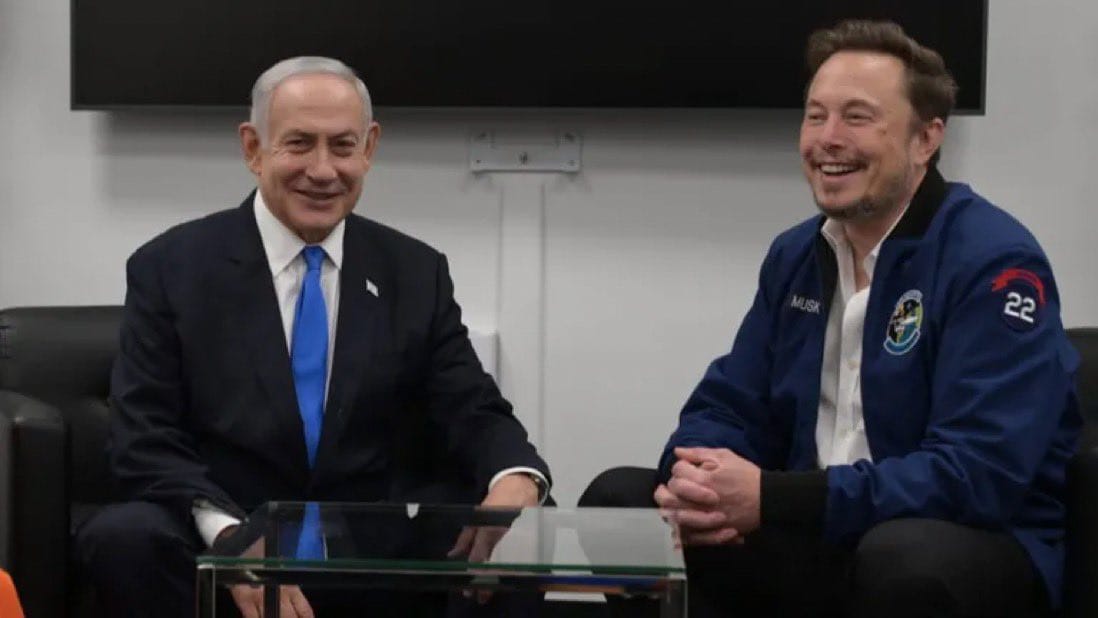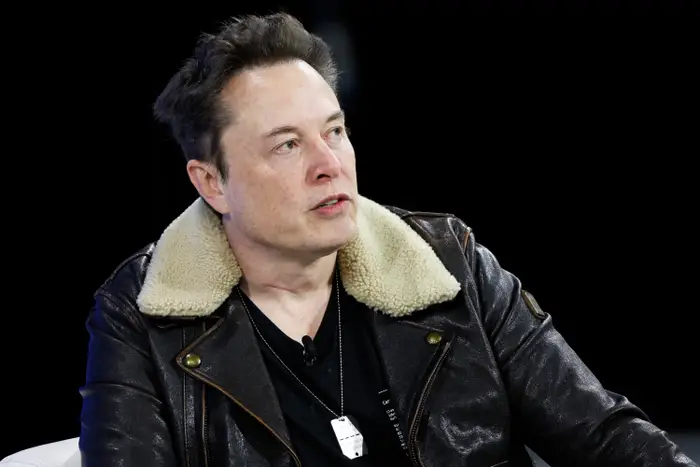Introduction
Elon Musk, has recently been in the news due to a significant development regarding his Starlink satellite internet service. The issue at hand involves the besieged Gaza Strip and the Israeli government’s control over the activation of Starlink within its borders.
The Agreement
During a visit to Israel, Musk reportedly agreed that his Starlink satellite internet service would only operate in the Gaza Strip with the approval of Israel. This agreement was announced by Israel’s Minister of Communications, Shlomo Karhi.
The Backstory
Earlier, Musk had pledged to provide aid organizations in Gaza with Starlink satellite service. This pledge was made in response to a total internet blackout in the region, imposed by the Israeli military. The blackout had disrupted emergency services and cut off contact between family members, causing international concern.
The Controversy
The recent agreement has been met with criticism. Critics argue that it effectively gives Israel control over the communication infrastructure in Gaza. They fear that this could potentially be used to further isolate the region during times of conflict.
The Future
The situation presents a complex diplomatic dilemma. On one hand, there is the need to provide essential communication services to a region in crisis. How this situation unfolds will have significant implications for the future of satellite internet services in conflict zones.
Insiders View
In conclusion, the agreement between Elon Musk and the Israeli government over the operation of Starlink in the Gaza Strip is a significant development. It highlights the challenges faced by tech companies when their services intersect with geopolitical conflicts.




